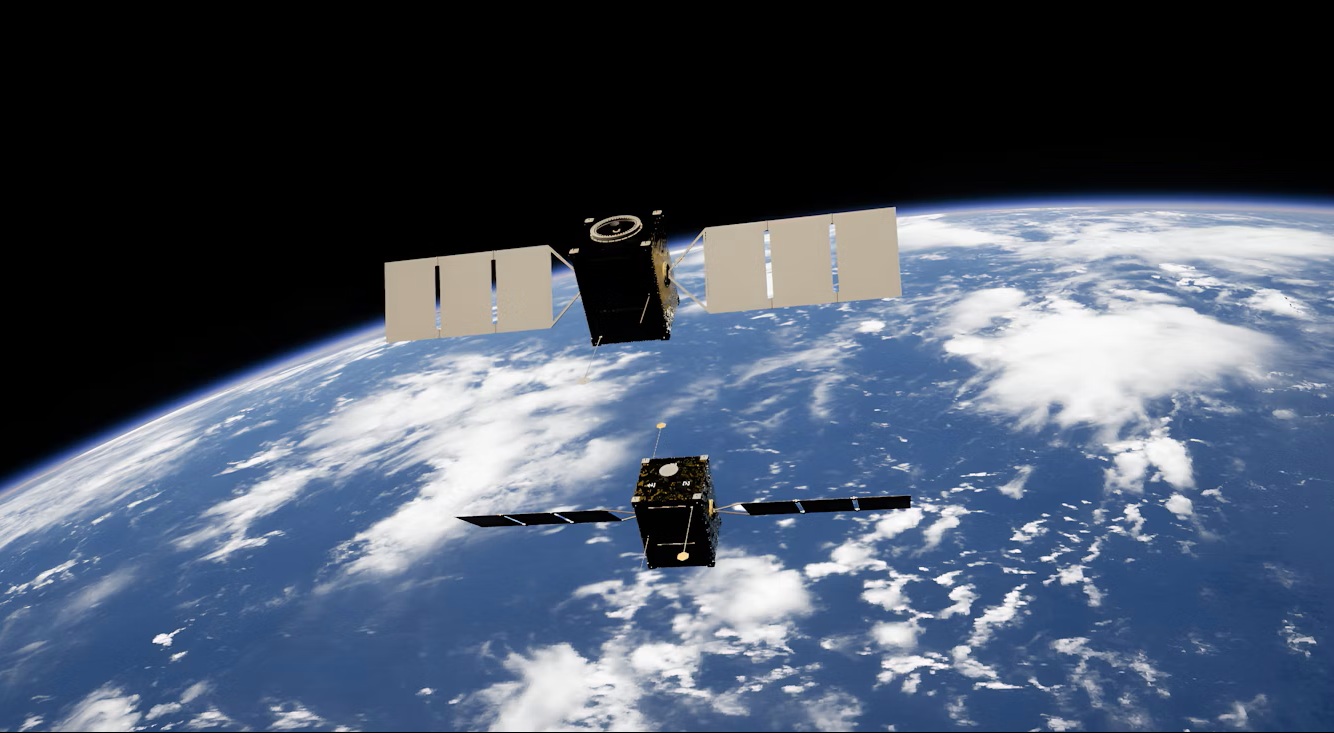US researchers warn cheap kits can intercept private texts and military data from satellites. The study found attackers could build a scanner for about €500 to €600.
Teams from UC San Diego and the University of Maryland ran the scans. They scanned 39 geostationary satellites and 411 transponders broadcasting to western North America.
The researchers used everyday components, including TV dishes and a simple receiver. Over seven months they collected unencrypted traffic from mobile providers and other users.
Data captured included text messages, phone numbers, call histories and browsing records. They also found unencrypted military and government transmissions from several countries.
Examples included administrative reports, references to terminals, and live vessel locations. The team emphasised anyone with a sky view and €512 could intercept these signals.
Industry practice normally encrypts data, yet many satellite links were left exposed. Reasons include extra licensing fees and higher bandwidth costs for encryption.
Panasonic told researchers encryption could cut revenues by up to thirty per cent. The study noted technical barriers remain for would-be hackers despite the low cost.
Hackers must aim dishes automatically and decode diverse data streams correctly. Still, experts say the findings show a dangerous gap in satellite security standards.
Regulators and providers now face pressure to tighten encryption and monitor satellite links. The research raises urgent questions about civilian and military privacy and national security.
The researchers urged immediate audits and industry action to prevent further leaks. Governments must assess risks and update standards for satellite communications swiftly and globally.


